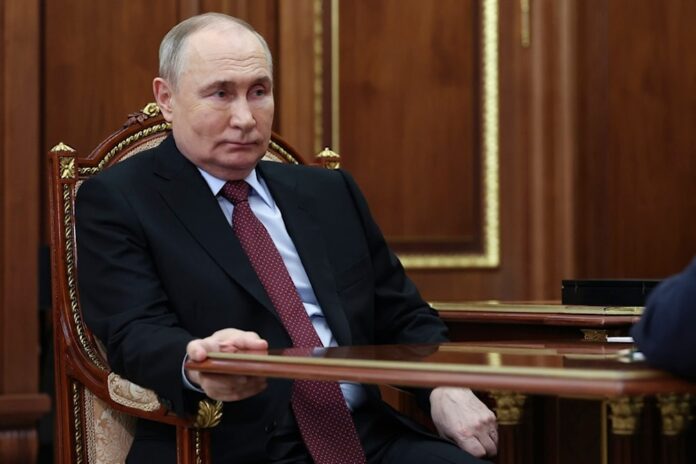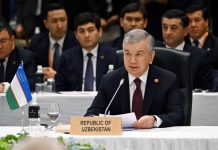The Economist recently published an op-ed discussing Russia’s economic path over the past two years since the onset of the Ukraine war. Contrary to initial fears of a financial meltdown in 2022, the Russian economy has consistently outperformed gloomy predictions.
Rather than plunging into a severe downturn, the economy underwent a milder and shorter recession than expected. Although inflation has recently become a concern, even eliciting apprehension from Putin himself, the latest data indicates a possible stabilization in prices.
Overall, the data suggests a resurgence in the Russian economy. A forthcoming report, scheduled for publication on March 13th, points to a reduction in monthly inflation in February compared to the end of the previous year. Year-on-year inflation rates are expected to stabilize, with predictions hinting at a potential drop to a mere 4%.
These figures could potentially strengthen Putin’s standing as the upcoming presidential election in Russia, slated to commence on March 15th, draws near.
In the previous year, inflation in Russia spiked due to increased government expenditure across various sectors in the midst of the Ukraine war. This fiscal boost led to a surge in demand for goods and services, triggering a rise in prices.
The labor market also encountered difficulties, with shortages intensified by military drafts and emigration.
Two institutions lay claim to the credit for the economic recovery. The finance ministry champions exchange-rate controls, while the central bank underscores its policy of significantly hiking interest rates since July 2023, which has spurred saving and restrained lending.
Despite stringent measures, Russia seems to be on course for a “soft landing,” where inflation decelerates without severely affecting the economy. GDP growth remains in the positive territory, unemployment is low, and corporate distress is minimal. The Moscow Exchange anticipates a rise in initial public offerings this year, signaling investor confidence.






